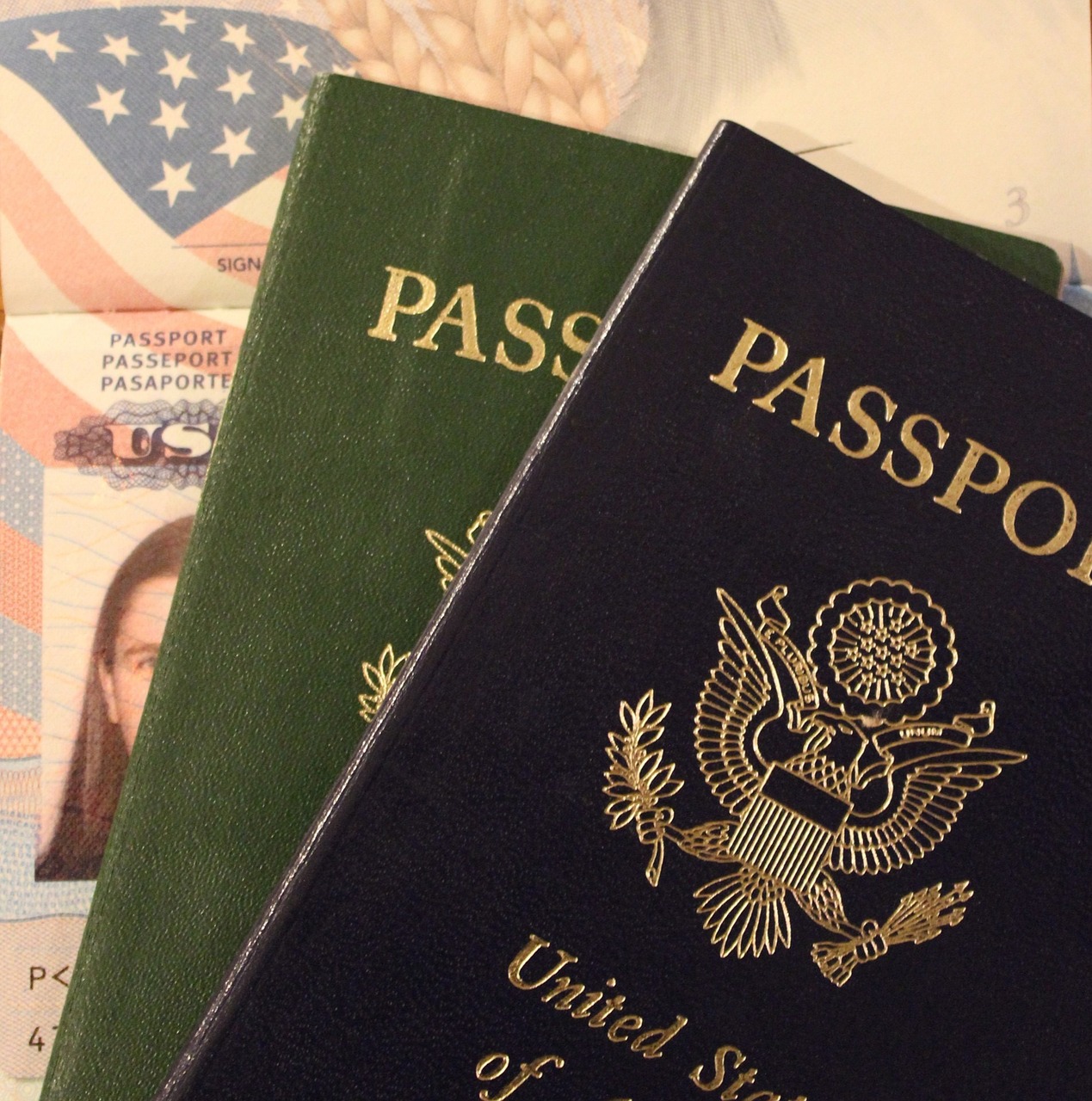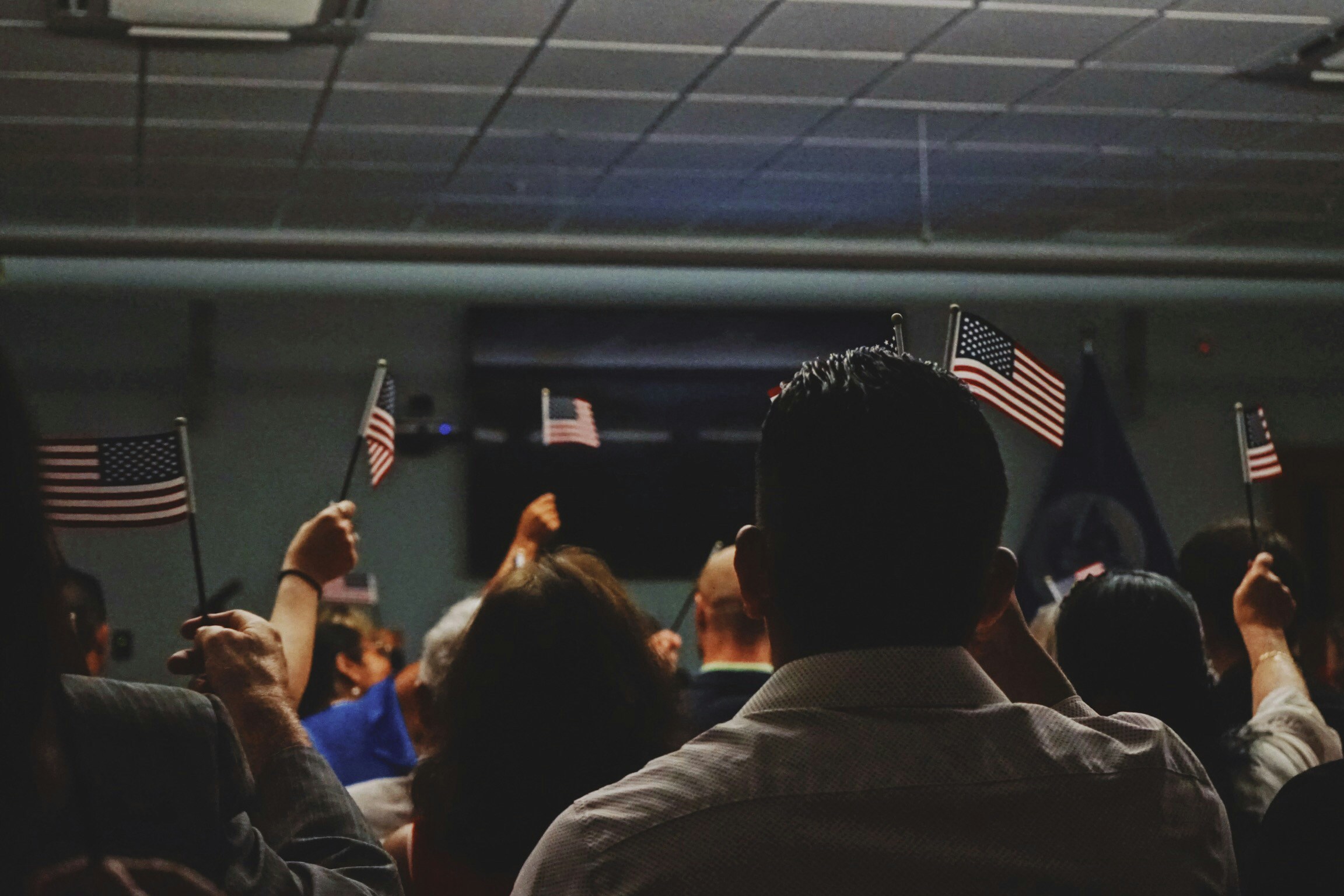What does it mean when they say the embassy is sending my case back to USCIS?
Hi, I'm Jim Hacking, immigration lawyer practicing law throughout the United States, at our office here in St. Louis, Missouri. In this video, we're talking about overseas visa cases. We're talking about situations where a U.S. citizen, or a lawful permanent resident, has filed an I-130 petition for a family member overseas. The case has been approved by USCIS. It has been processed through the national visa center. It has now been sent to the embassy for an interview. Then the case is usually sitting for quite some time. Then, either because of a lawsuit, or for some other reason, the State Department is prepared to issue a final decision, or at least an interim final decision. What they decide to do is to deny the visa at that time, to refuse the visa, and to send it back to USCIS for possible revocation.
You can't ever forget that when you're going through the overseas visa process, that you're dealing with two agencies. You start with USCIS, and then you go to the State Department. USCIS handles the I-130 and that is them deciding whether or not this is a valid marriage. Then the State Department handles whether the person is admissible and is going to receive a visa.
Sometimes these agencies sort of come into conflict. USCIS will say, "This was a valid marriage." The State Department says, "Eh, we're not so sure." When that happens, your case sits at the embassy for a while, and then eventually they send it back through this process of possible revocation.
When that happens, it's a real bummer. Obviously you're sad, because your case has been delayed. But really the hard thing is, is that once you go into that sort of area between the embassy and sending it back to USCIS, is it really, really, really slows down your case. It can take them a year. Literally one year to send the case back to USCIS. It's part of their program of delay. It's sort of baked into the system. It's what they do with cases that they don't really like. And they'll send it back to USCIS.
In our firm, we've had this happen a lot. Lately, especially after lawsuits. In some of our lawsuit cases, the reason the cases have been delayed, is because there's something wrong with it. Or at least from the State Department's perspective, there's something wrong with it. What they do, is they send it back to USCIS and they say, "Hey, we don't think the thing is valid. You need to look at this again." We've been hired many times to respond to what the USCIS does, which is called a Notice of Intent to Revoke. If you get USCIS moving, if the case makes its way back to USCIS, they'll send a notice that looks sort of like a request for evidence. It'll say, "Hey, we're thinking about revoking this I-130 that we approved before. Can you reconvince us? Can you show us again why this is a valid marriage?"
After we file a lawsuit, sometimes this happens. Then the clients have been hiring us to help with these. We've gotten those all approved. But you're going to have to sort of reprove the marriage. You're going to have to get USCIS to recertify the prior grant of the approval of the I-130. Then they send it back to the embassy.
This, like I said, is a huge hassle. But this is one of those other ways that lawsuits can help. Because what happens is, if you don't have a lawsuit on file, if you don't have deadlines and a judge looking over it, then you're going to lose a year going back to USCIS. Then you're going to lose another year going back to the embassy. When you have a lawsuit on file, that condenses all those things. Obviously the lawsuit is no guarantee that your case is going to be approved, but it is going to squeeze that time. I always say that the lawsuits are like a time machine or a fast-forward button. That's especially true when the State Department is asking USCIS to consider revoking the I-130. When you get the Notice of Intent to Revoke, that's what you're going to do. You're going to have to reprove the marriage.
If you have questions about this, give us a call at 314-961-8200. You can email us at [email protected]. Be sure to join us on our Facebook group, which is called Immigrant Home. If you liked this video, we ask that you please share it out on social and that you subscribe to our YouTube channel, so that you get updates whenever we make videos, just like this one.
Thanks a lot. Oh, and be sure to check us out on Instagram, hackinglawpracticellc. Thanks a lot.








